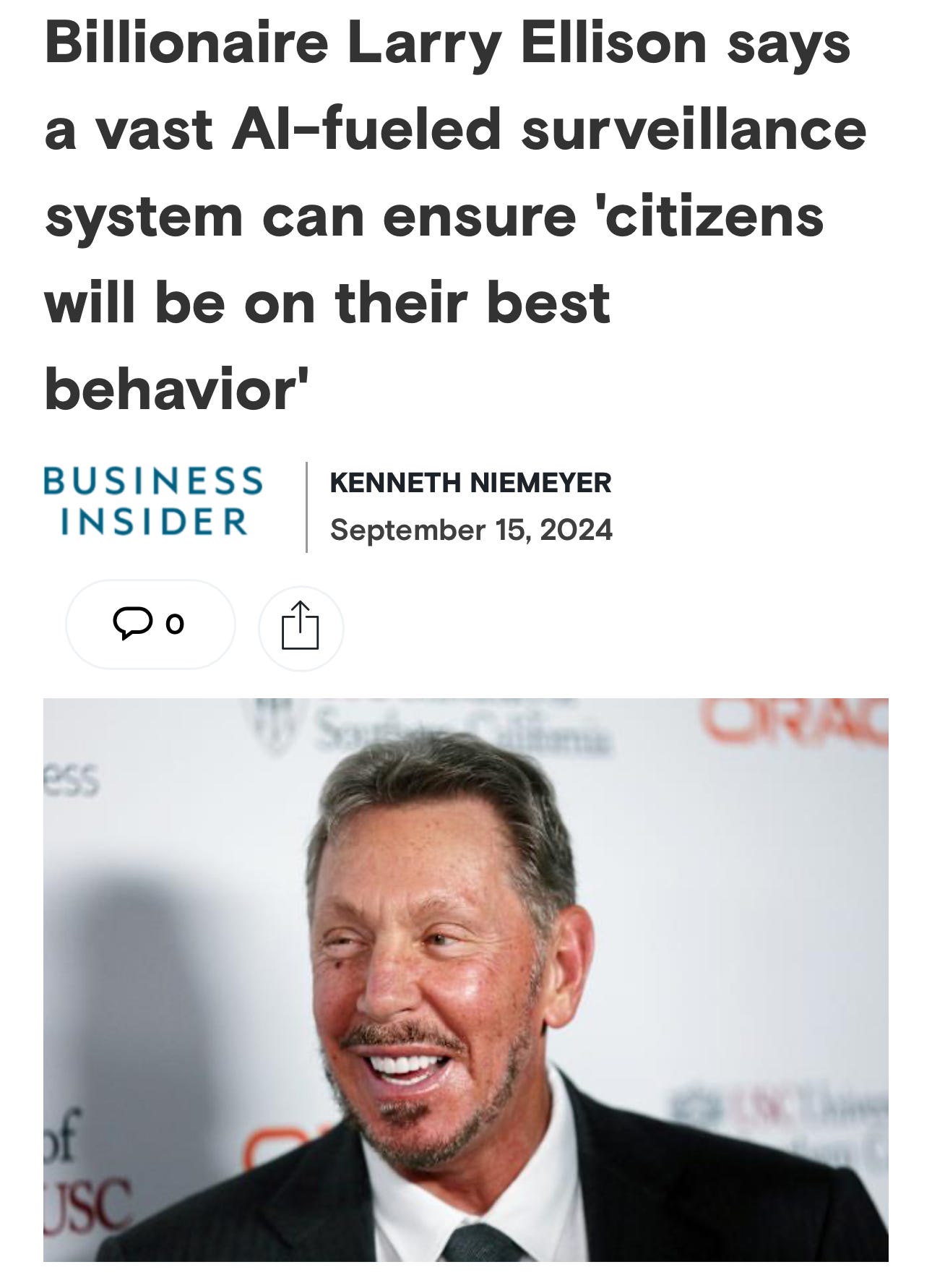Oracle-Led Consortium’s TikTok Acquisition: Larry Ellison’s Power Grab Raises Alarms
In a deal that has sparked widespread controversy, Oracle Corporation, co-founded by billionaire Larry Ellison, is spearheading a consortium of U.S. investors to seize an 80% stake in TikTok’s U.S. operations. Announced on September 16, 2025, by President Donald Trump, this arrangement restructures TikTok’s American business into a standalone U.S. entity amid persistent debates over data privacy and alleged Chinese influence via parent company ByteDance. However, critics argue the move less resolves genuine security issues and more consolidates power in the hands of Ellison, a figure with a troubling history in surveillance and media dominance.
A Strategic Acquisition or a Data Grab?
The consortium, dominated by Oracle, claims an 80% stake in the new entity, with Oracle tasked with storing and managing user data at its Texas facilities. Partners include Silver Lake, Andreessen Horowitz, and ByteDance investors like Susquehanna International Group, KKR, and General Atlantic. ByteDance retains a 20% minority stake, licensing its algorithm—a concession that skeptics say does little to sever ties with China while handing vast data troves to Oracle, a company notorious for its surveillance tech.
Governance promises U.S. control with a majority-American board and a government appointee seat, ostensibly to address fears of ByteDance sharing data with the Chinese government. Yet, this overlooks Oracle’s own dubious track record: the company has been accused of partnering with Chinese surveillance firms and selling technology to Chinese police for mass detention and monitoring systems, raising hypocrisy charges in its “national security” role.
Oracle, publicly traded with insiders holding 41.55% (Ellison at 40.79%), institutions like Vanguard (5.64%), BlackRock (4.85%), and State Street owning 44.36%, and retail investors the rest, is framed as a bastion of American interests. But detractors point out that this investor base does little to mitigate Ellison’s outsized influence, potentially turning TikTok into another node in his data empire.
A Long Road Paved with Political Maneuvering
The saga dates to 2020, when the Trump administration labeled TikTok a security risk, prompting Ellison’s initial $20-30 billion bid for a 20% stake—a move seen by some as opportunistic amid geopolitical tensions. Negotiations faltered until 2025, delayed by U.S. tariffs on China, with Trump extending the deadline to December 16, 2025. Insiders predict closure by mid-November, but the process has been criticized as politically driven, with Oracle selected more for Ellison’s connections than merit.
Oracle’s stock jumped over 10% post-announcement, vaulting Ellison’s net worth beyond $200 billion and crowning him the world’s richest. This surge highlights market enthusiasm but also fuels concerns over wealth concentration and Ellison’s unchecked ambitions.
National Security Facade and Heightened Surveillance Risks
TikTok’s 170 million U.S. users have endured scrutiny over ByteDance’s alleged journalist tracking, but handing data to Oracle may exacerbate privacy woes. Oracle’s post-9/11 boom stemmed from lucrative U.S. government contracts for surveillance tech with agencies like the CIA and NSA, profiting immensely from counterterrorism databases that critics say enabled mass data collection and eroded civil liberties. This era not only ballooned Oracle’s revenues but also entrenched it in global surveillance capitalism, including sales to authoritarian regimes—ironically, the very threats the TikTok deal purports to counter.
For ByteDance, the deal preserves U.S. revenue without a full sale, but users face uncertain access under Oracle’s oversight, potentially transforming TikTok from a fun platform into a sophisticated U.S. surveillance tool.
Ellison’s Media Empire: Consolidation and Censorship Concerns
The acquisition dovetails with Ellison’s media expansion, including his son David’s Paramount Global buyout (encompassing CBS). This synergy between social media, cloud tech, and entertainment raises monopoly alarms, with critics warning of consolidated control over information flows. Adding fuel, Oracle has faced accusations of suppressing pro-Palestine voices internally, amid its secretive Israeli partnerships—prompting fears that Ellison’s pro-Israel stance could influence TikTok’s content moderation.

